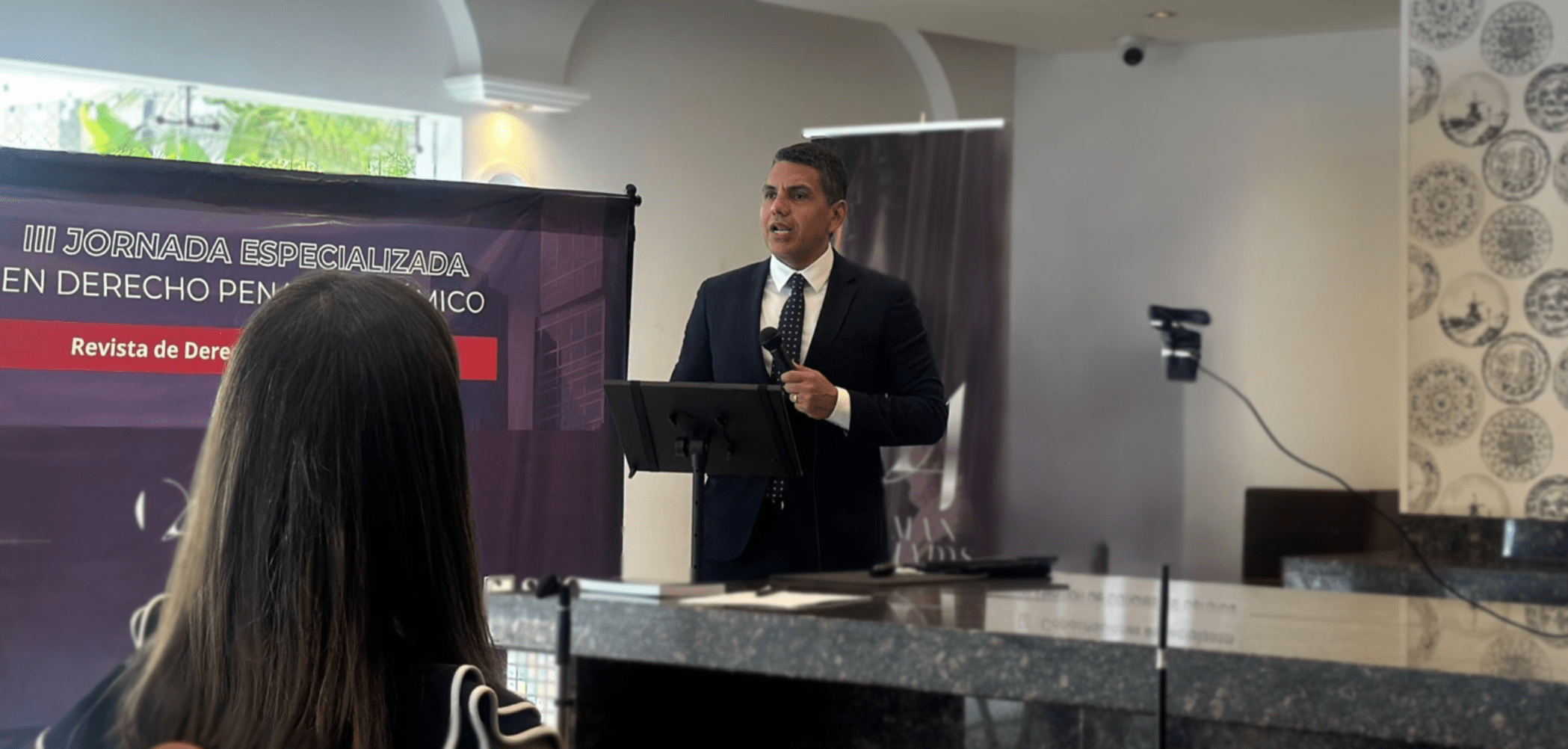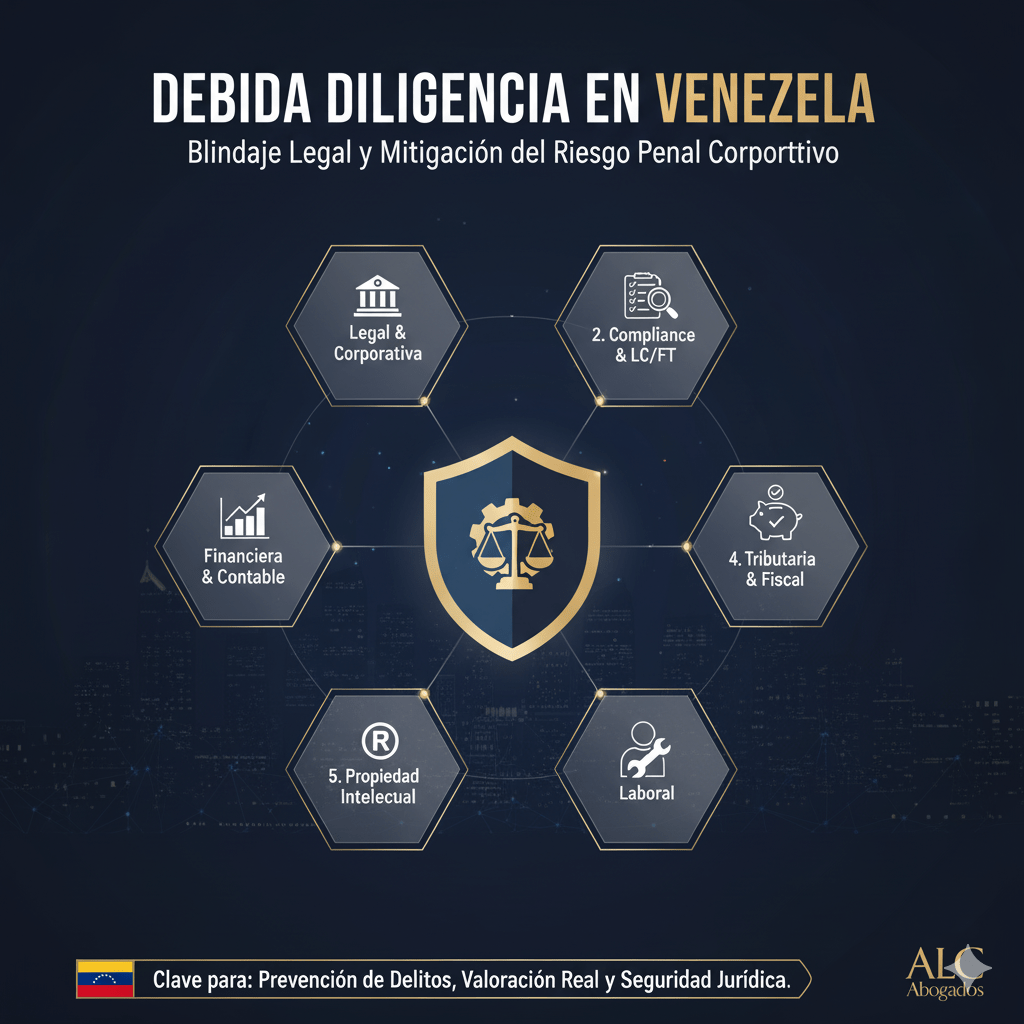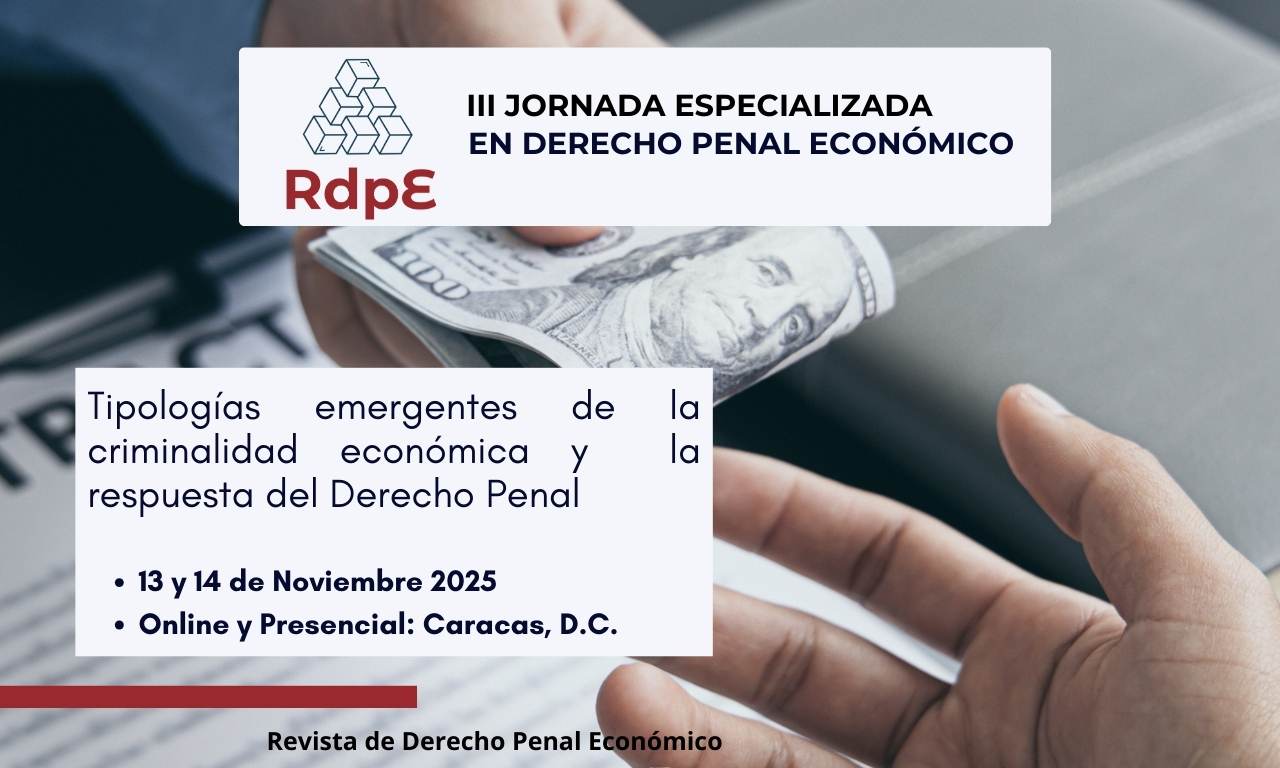When speaking about any political, social or economical issue it’s common to locate obligations and duties to act on it on the States. It’s a popular belief in many countries that everything should be controlled, solved and provided by their governments and, if anything goes wrong it’s only an evidence of their failure in the battle for regulating and solving problems.
Even though we are going through modern times which are supposed to have reached high levels of equality, justice, transparency, and respect, still there are too many cases of high levels of corruption located in many countries whether it’s practised in their powerful businesses or their governments.
So, what happens when these governments are not capable enough to combat corruption and its consequences? What to do if it’s the government itself the one putting corruption into practice? Who’s to struggle with this difficult phenomenon? The answer might not be easy but it’s not that different from other social/political issues: it’s a matter of multiple actors, whether they are direct or indirect contributors to its eradication.
With a culture of transparency, equality, justice, where common welfare is essential in a country’s belief system, it’s important that individuals assume the duty to disclose and point at corruption as something shameful and punishable; it’s fundamental that businesses have an strict human rights defence structure to organize their visions, policies, jobs positions and, consequently, international surveillance and cooperation is needed in order to support not governments’ but local people’s rights to order investigations if corruption is being a reality in their countries. Since only one actor is never enough, it’s necessary to work on these values at all levels of civil society and then, it might be easier to maintain and guarantee that national budgets are being used for their main purposes.
It’s significant to stress that everyone can make a difference, everybody has a chance and space to make their contribution to improve their societies. If this is to be true, then it wouldn’t be irrational to say that not only the governments but businesses, entrepreneurs, NGOs and individuals can help to prevent corruption acts in their countries. In short, civil society at all levels has a very powerful role in order to expose it, to fight it, and
to eradicate it.



